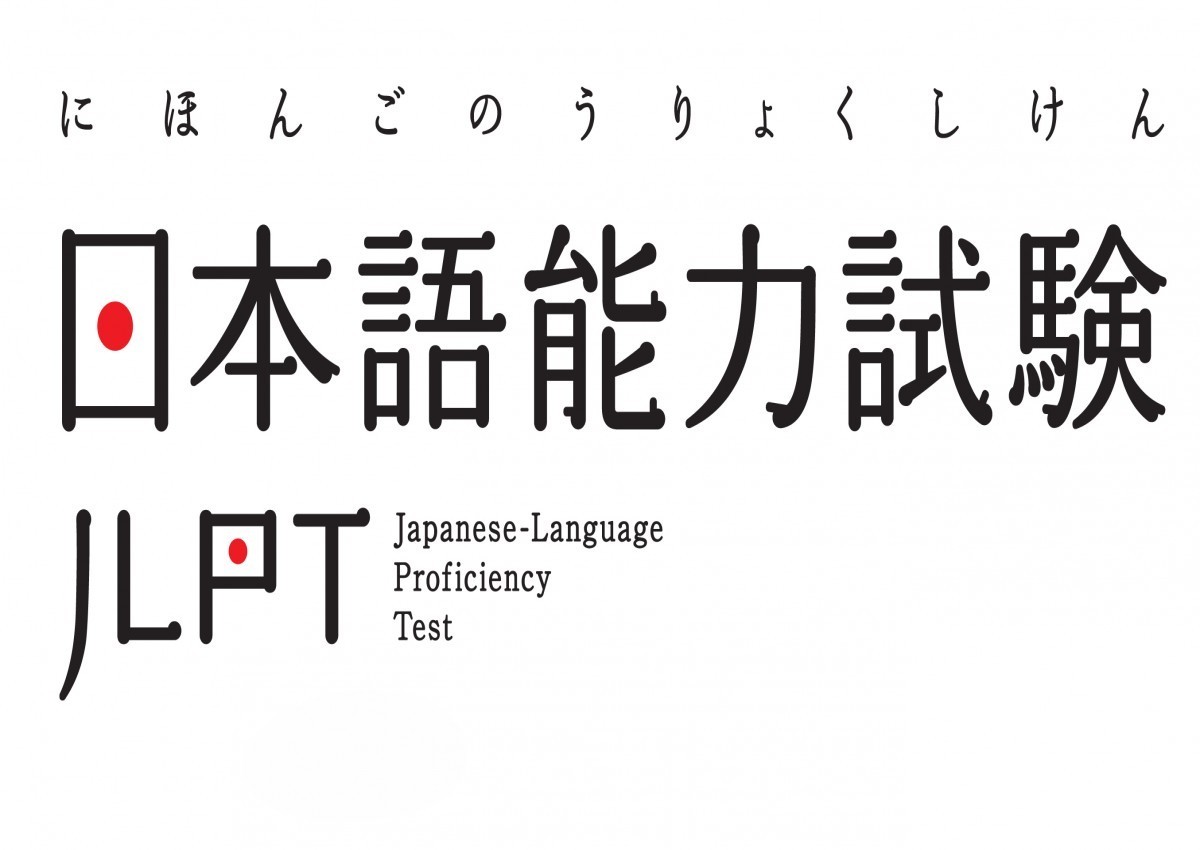08 Nov
Debunking the Myths: What Really Matters in a Japanese Exam?"500 word focuse japanese language,jlpt exam,jlpt study keyword
Debunking the Myths: What Really Matters in a Japanese Exam?
The Japanese Language Proficiency Test (JLPT) is a pivotal examination for individuals looking to gauge their Japanese language proficiency. While the JLPT is widely respected and acknowledged, there are several myths and misconceptions surrounding this exam. In this article, we will debunk these myths and shed light on what truly matters when preparing for a Japanese exam, specifically the JLPT.
**Myth 1: Passing the JLPT Equals Fluency**
One common misconception is that achieving a passing score on the JLPT means you are fluent in Japanese. In reality, the JLPT measures specific language skills such as reading, listening, and grammar. Fluency, on the other hand, encompasses a broader spectrum, including speaking, cultural understanding, and the ability to navigate real-life situations. Passing the JLPT is a commendable accomplishment, but it should not be equated with fluency.
**What Really Matters**: Recognize that the JLPT is a valuable tool for assessing certain language skills, but it's only a part of your language-learning journey. Achieving fluency requires comprehensive language practice, immersion, and cultural understanding.
**Myth 2: The JLPT Is Only for Advanced Learners**
Some believe that the JLPT is exclusively designed for advanced learners of Japanese. While it's true that the higher levels (N1 and N2) are challenging and suitable for advanced learners, the JLPT caters to individuals with varying proficiency levels. The N5 and N4 levels, for example, are tailored for beginners and intermediate learners, making the JLPT accessible to a wide range of learners.
**What Really Matters**: The JLPT is inclusive, and learners at different stages of their language journey can benefit from it. It provides a clear path for improvement and helps set achievable goals, regardless of your current proficiency level.
**Myth 3: The JLPT Can Be Crammed for at the Last Minute**
Cramming for the JLPT at the last minute is a common misconception. The JLPT evaluates your understanding and usage of the Japanese language, which requires consistent practice and comprehension over time. A last-minute cram session may help you memorize some facts, but it won't foster a deep understanding of the language.
**What Really Matters**: Consistent, long-term practice is key to success. Create a structured study plan and allocate time each day or week to study, reinforcing your language skills and understanding gradually.
**Myth 4: The JLPT Is All About Vocabulary and Grammar**
While vocabulary and grammar are crucial components of the JLPT, it is not solely about memorizing words and rules. The JLPT assesses your ability to apply this knowledge in real-world contexts. The exam includes reading and listening sections that test your comprehension, requiring you to understand the context, nuances, and subtleties of the Japanese language.
**What Really Matters**: Focus on understanding the practical usage of vocabulary and grammar in different situations. Practice reading and listening to authentic materials to improve your comprehension skills.
**Myth 5: Studying Alone Is Sufficient for JLPT Success**
Studying in isolation is another misconception. While self-study can be effective, interacting with others, including native speakers or fellow learners, can greatly enhance your language skills. Language exchange, speaking practice, and feedback from others can offer valuable insights and real-life language experiences that are indispensable for the JLPT.
**What Really Matters**: Seek opportunities for language interaction. Engage in conversation, join language exchange programs, or participate in study groups to diversify your learning experience.
In conclusion, the JLPT is a valuable examination for anyone looking to assess and improve their Japanese language skills. It's important to debunk the myths surrounding the exam and understand what truly matters in Japanese language learning. Recognize that the JLPT is just one part of your language journey, and achieving fluency requires comprehensive language practice, cultural understanding, and immersion. Consistent, long-term study, combined with practical language application and interaction with others, is the key to JLPT success and language proficiency.










